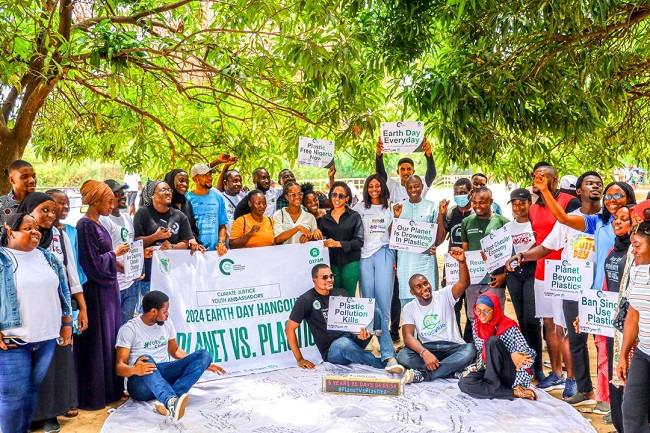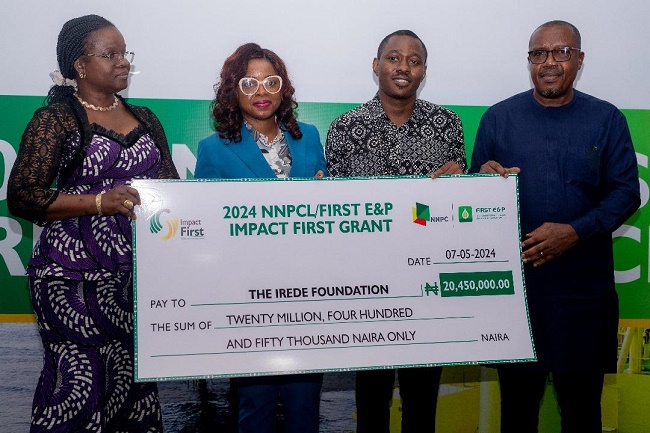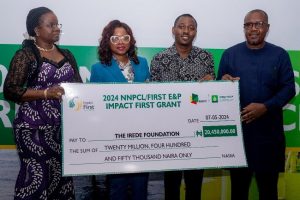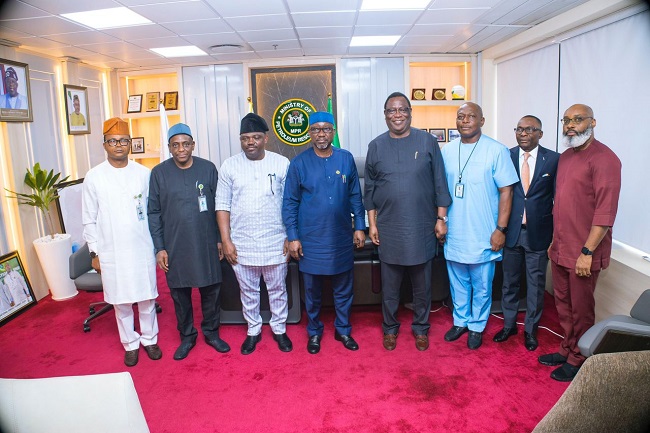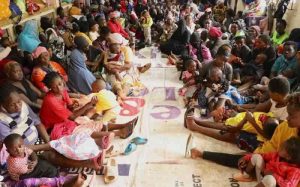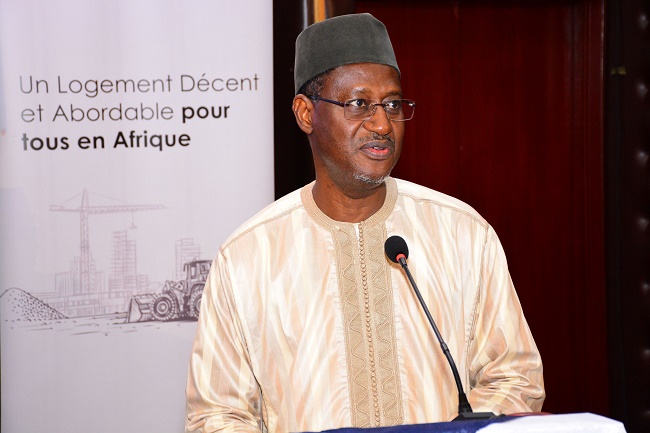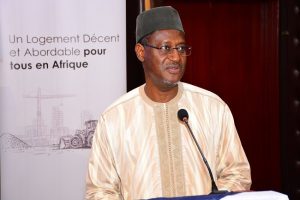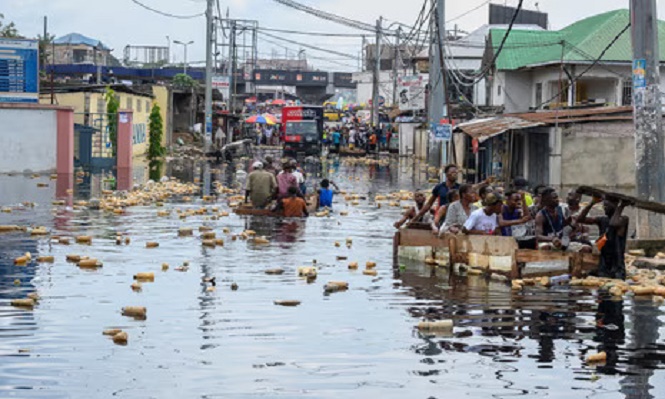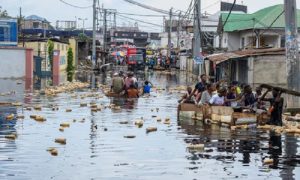The prediction that, by 2050, oceans will contain more plastic than fish (by weight), highlights the detrimental effects that plastic pollution has on the environment and supports the United Nations dire warning that marine life will perish irreversibly if conscious action is not taken to stop the alarming trend
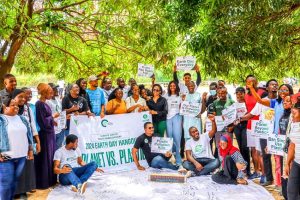
Concerned about this menace, a group of young environmental activists in Nigeria has urged the government to adopt policies that support the transition to a circular economy as a solution to the ecological crisis.
The coalition, which met in Abuja, the country’s capital, under the auspices of Climate Justice Youth Ambassadors (CJYA) to raise public awareness of the issue as part of its activities to commemorate this year’s Earth Day, stated that the circular economy’s unique concept of production and consumption, particularly the recycling of existing materials, will undoubtedly help extend product life cycles and, as a result, reduce plastic pollution.
While responding to a question about how to find a long-term solution to the crisis, Aliyu Sadiq, founder of the Ecocykle Development Foundation (EDF), stated that the circular economy is the way forward due to its fundamental principle of reabsorbing and regenerating nature.
He believes that using plastic to package a lot of goods – especially single-use plastic – makes no sense and that adopting reusable items will help cut down on plastic manufacturing and demand, which is the main source of the threat.
For this reason, the environmentalist asserts that a large number of Nigerians must be made aware of the circular economy’s principles and advantages to guarantee that “we have less plastic that is causing harm, choking the planet, and affecting aquatic life and human health.”
This is why the theme of this year’s commemoration, “Plastic vs. Planet”, is so pertinent, particularly in terms of drawing attention to the fact that humans are the primary cause of the threat and are still the only ones capable of mitigating it.
Sadiq applauded the Nigerian government for taking major initiatives, such as the recently launched circular economy roadmap, to address the issue. He does, however, hope that manufacturers will abide by this legislation and make an effort to produce products that use less plastic.
“We have to comply,” he emphasised, reminding civil society organisations (CSOs) of the need to intensify their advocacies, primarily in pushing for tighter policies and enforcement, which he added “is the way to go.”
In conclusion, he thanked the programme’s sponsor, Oxfam Nigeria, the primary implementing organisation for Africa Activists for Climate Justice (AACJ). More than 50 young people from across the sustainable development community gathered to network, share ideas, and investigate strategies to reduce plastic pollution in Nigeria.
In a similar vein, Joseph Ibrahim, head of programme for the Global Initiative for Food Security and Ecosystem Preservation (GIFSEP), acknowledged that citizens need to be made more aware of the detrimental effects of plastic pollution on the long-term viability of environmental conservation efforts.
Adopting other methods that promote the culture of reusable products is one of the solutions to the threat of plastic pollution to the environment, he explained. These alternatives will also help address the problem of clogged drainage as well as the causes of respiratory and cardiovascular diseases such as anxiety and depression.
“The good thing is that we have alternatives – materials that we can recycle and use – and also change our behaviour,” said the GIFSEP’s head of programming, adding that it is to ensure that there is less demand for them, particularly single-use plastic.
According to the environmental rights campaigner, one solution to address the problem is to ban single-use plastic and provide consumers with alternatives that they can use at least 10 times.
He went on to say that while this may be tough to implement at first, it will produce jobs in the long run. Once that culture is instilled in people’s minds, he believes they will adopt it on their own because the raw materials are available in the country.
“What is important is that we need behavioural change, and people should know that this is the impact of plastics on our environment and that conscious efforts will help us to shift away from plastics, and as we begin to promote the alternatives, people will adopt them,” Ibrahim said.
Kenneth Akpan, Oxfam’s project coordinator in Nigeria, was impressed by the activity and commended the young people for their various actions to address the issue of plastic pollution, telling them that what they are doing is not only a noble cause, but also a fight for their future.
“Because in the end, if you are not part of the conversation and decisions that are being taken now, the old ones will just leave you with a monumental tomorrow, and that tomorrow, they say, begins with the youth,” he said.
By Etta Michael Bisong, Abuja

